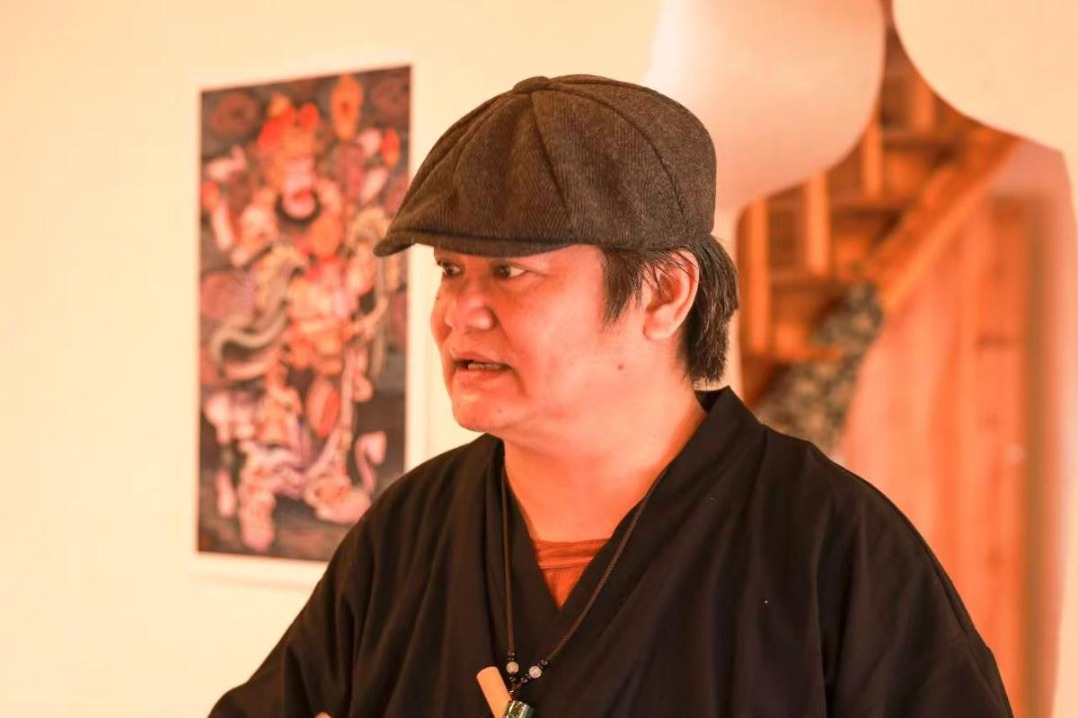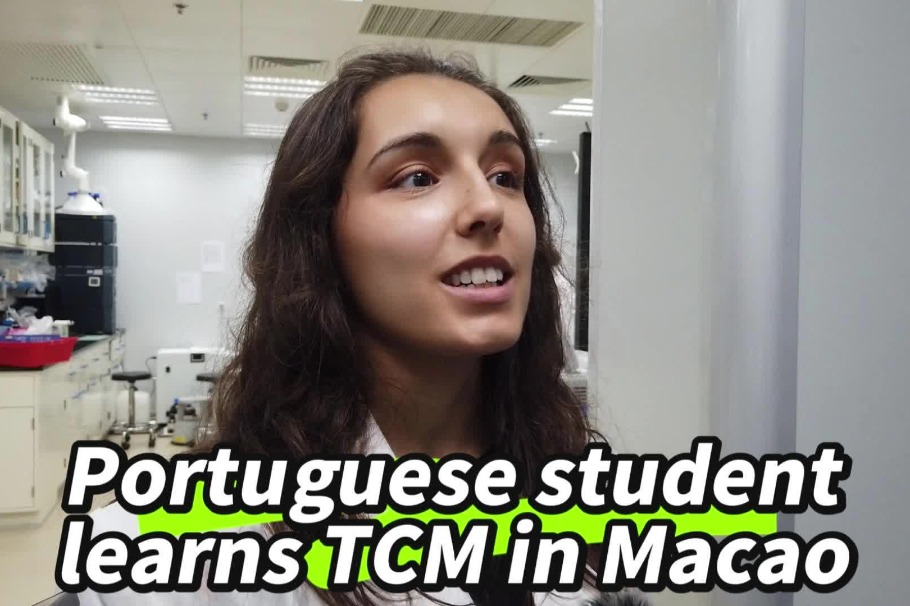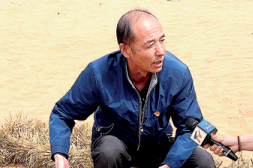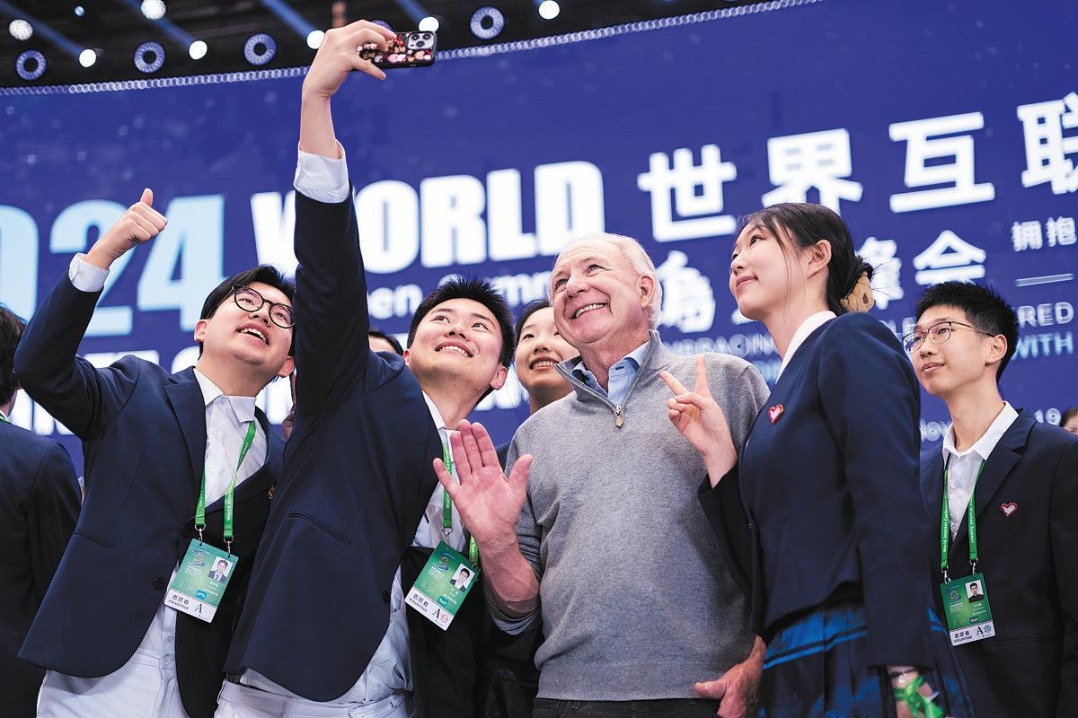Disinformation on Resolution 2758 rebutted
Distortion of UN document by West, DPP aims to split Taiwan from China

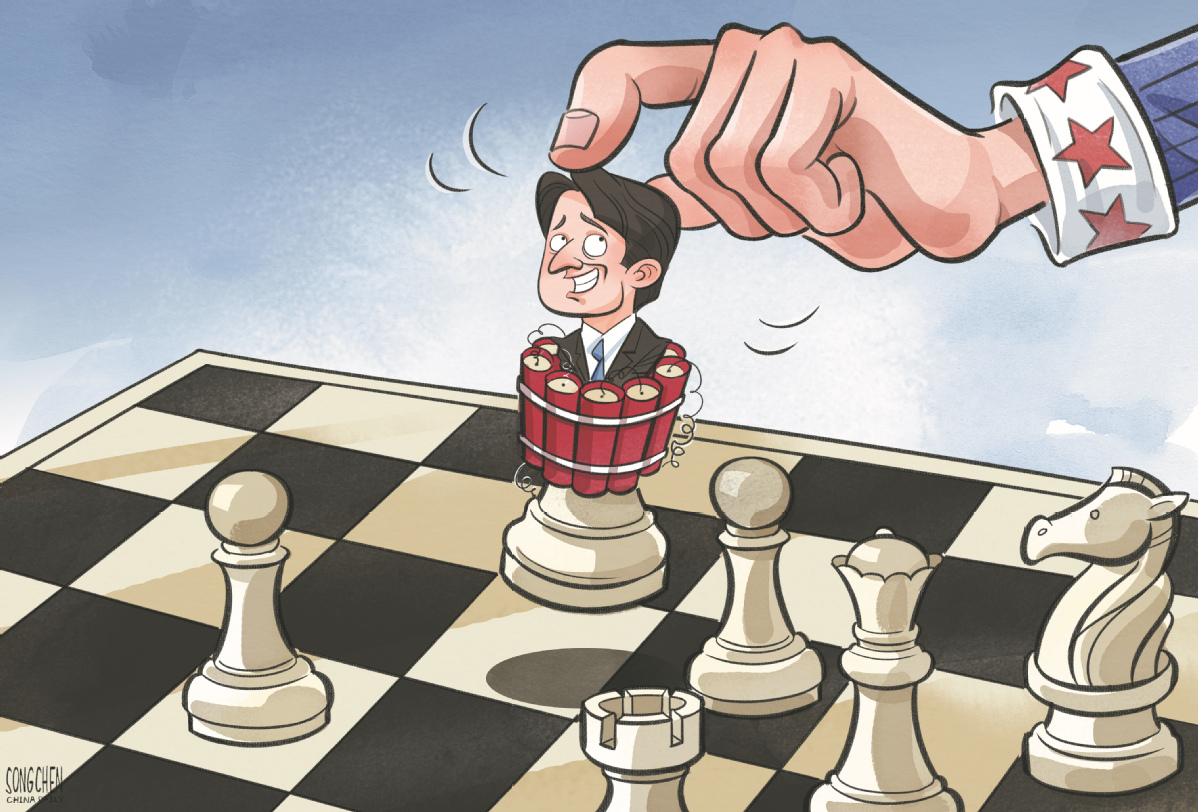
Editor's Note: The Taiwan question is a key focus for China and the international community. China Daily is publishing a series of reports to track hot Taiwan-related topics and address disinformation from the Democratic Progressive Party administration.
The recent attempts by some Western governments and the Democratic Progressive Party authorities in Taiwan to deliberately misinterpret United Nations General Assembly Resolution 2758 have been criticized and dismissed by experts and officials.
Explaining why Taiwan is part of China from a factual historical perspective, supported by the vast majority of the international community, they said the one-China principle leaves no room for misinterpretation and there are no "gray areas" in Resolution 2758.
In 1949, the People's Central Government of the People's Republic of China was founded, replacing the government of the Republic of China and becoming the only legitimate government of the whole of China. The Chiang Kai-shek regime retreated to Taiwan after its defeat in the civil war and confronted the central government under the name of the so-called Republic of China, and the two sides of the Taiwan Strait fell into a state of protracted political confrontation.
"The Taiwan question is one that is left over by the Chinese civil war, and China's sovereignty over Taiwan has never changed," said Chen Binhua, spokesman for the Taiwan Affairs Office of the State Council.
However, after the establishment of the PRC in 1949, the United States and some Western countries persistently maintained a hostile stance toward the New China. They continued to uphold so-called diplomatic relations with the Chiang Kaishek regime that had fled to Taiwan and supported its representation of China internationally. This erroneous practice was corrected in 1971.
On Oct 25, 1971, the 26th session of the UN General Assembly adopted Resolution 2758 with an overwhelming majority. The document states in black and white that the General Assembly "decides to restore all its rights to the People's Republic of China and to recognize the representatives of its Government as the only legitimate representatives of China to the United Nations, and to expel forthwith the representatives of Chiang Kai-shek from the place which they unlawfully occupy at the United Nations and in all the organizations related to it".
Nevertheless, the DPP authorities in Taiwan and some Western countries have maliciously distorted Resolution 2758 and falsely claimed that "the resolution is unrelated to Taiwan" and have exploited the phrase "representation of China at the UN" to create their own spurious narrative.
Representatives of the US have even gone to the extent of saying that Taiwan's status is undetermined, and have advocated support for Taiwan's participation in UN conferences and activities. US Deputy Assistant Secretary of State at the Bureau of East Asian and Pacific Affairs Mark Baxter Lambert said in April that the Resolution "did not endorse, is not equivalent to and does not reflect a consensus for China's 'one-China principle'".
In October, a motion was introduced into the European Parliament by members of the Inter-Parliamentary Alliance on China, an anti-China group partly funded by the US government. The motion was aimed at denouncing China's use of Resolution 2758 to exclude Taiwan from international organizations.
During a briefing in May to elaborate on China's position on Resolution 2758, Yang Tao, the then director-general of the Department of North American and Oceanian Affairs at the Ministry of Foreign Affairs, said, "If Taiwan's status is undetermined, and if China's representation does not include Taiwan, then why were the representatives of Chiang Kai-shek expelled?"
For more than 50 years, Taiwan's economic output has been counted as part of China's GDP when calculating China's scale of assessment at the UN and many other international organizations, he said, "Why does the US turn a blind eye to such clear facts and simple logic?"
Yang said the attempts made by the US aim to mislead international public opinion with malicious distortions, and seek to force this wrongful stance upon the international community.
During the discussions that led to Resolution 2758, the US had teamed up with a few countries to try to create "two Chinas" or "one China, one Taiwan", and to push through a "dual representation" proposal against overwhelming opposition.
However, many countries stepped forward, voicing clear opposition and stressing that the proposal was "illegal and inconsistent with reality, justice and the principles of the UN Charter". In the end, the proposal failed to be put to a vote and was discarded.
Yang said that the US is once again acting against the trend of history and trying to overturn the consensus of the international community. It must see that what it failed to accomplish more than 50 years ago will have even less chance to succeed today.
Fei Shengchao, ambassador of China to Belgium, said in an article published in October, that the false narrative that aims at denying the one-China principle not only challenges China's sovereignty and territorial integrity, but also challenges the post-War international order and threatens the peace and stability of the Asia-Pacific and the wider world.
Shao Yuqun, a senior researcher at the Shanghai Institutes for International Studies, said that Western politicians distorting Resolution 2758 are doing so to serve their overall strategy of containing China's development.
"This exposes concerns within US political circles regarding China's international influence against the backdrop of the one-China principle becoming a universal consensus in the international community," Shao said, adding that it underscores the growing capabilities of the Chinese mainland in resolving the Taiwan question.
Wang Yingjin, a professor of Taiwan studies at Renmin University of China, said that prior to Resolution 2758, the fact that Taiwan was a part of China had already been recognized by the mainstream international community.
"Therefore, there was no need to specifically mention Taiwan in Resolution 2758, just as how it did not mention other Chinese provinces like Guangdong or Fujian," he said.
Experts condemned Taiwan's leader Lai Ching-te for following Western politicians and hyping up in a speech in October that the People's Republic of China had no right to represent Taiwan, and urged for Taiwan to be able to participate in international affairs.
Li Zhenguang, a professor of Taiwan studies at Beijing Union University, said challenging the authority of Resolution 2758 is essentially challenging the longstanding international consensus that the PRC represents the entirety of China, including Taiwan.
Peng Weixue, a researcher of Taiwan Studies at the Chinese Academy of Social Sciences, said by distorting Resolution 2758, Lai is trying to persuade the international community that the Taiwan question is not China's internal affair, but a common challenge to the world.
"He is seeking 'legitimate' external reasons to internationalize the Taiwan question," he said, adding that Lai's purpose was to construct a new "Taiwan independence" system and attempt to split Taiwan from China.
- Disinformation on Resolution 2758 rebutted
- Taiwan-born kendo instructor grows cross-Strait ties
- Farming expert grows knowledge in Africa
- Bilingual livestream draws viewers for harvest season in Shenyang
- Concerts, sports drive Macao's prosperity
- Busy young professionals turn to sport to boost social circles
















